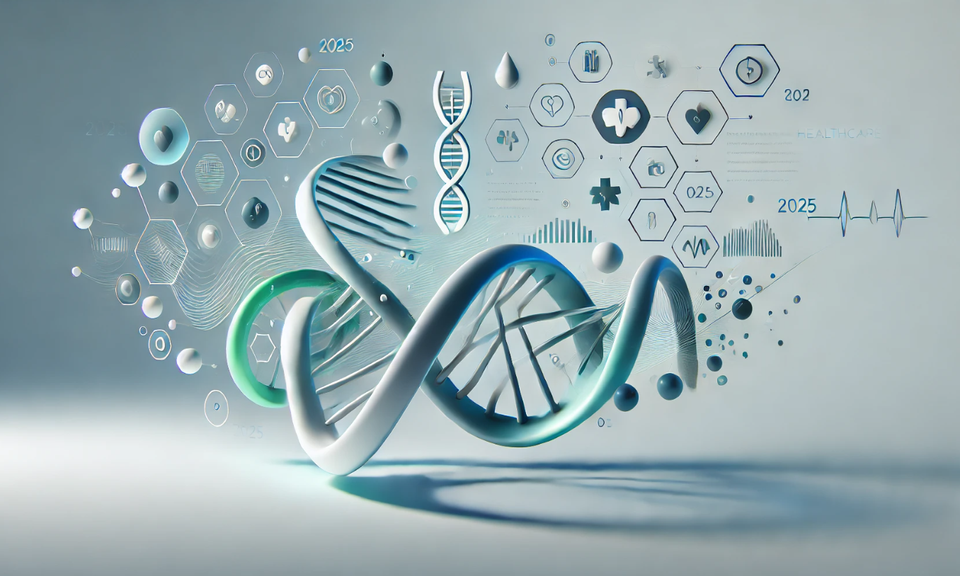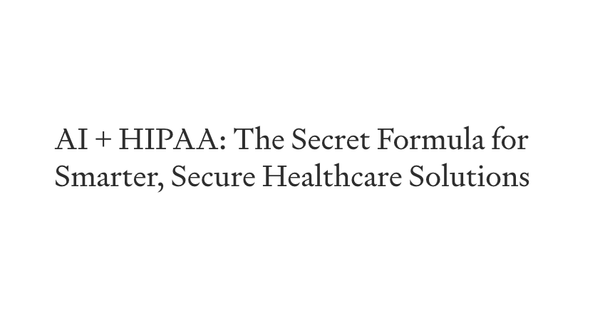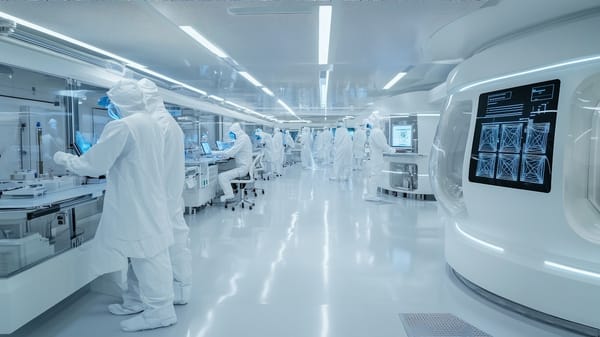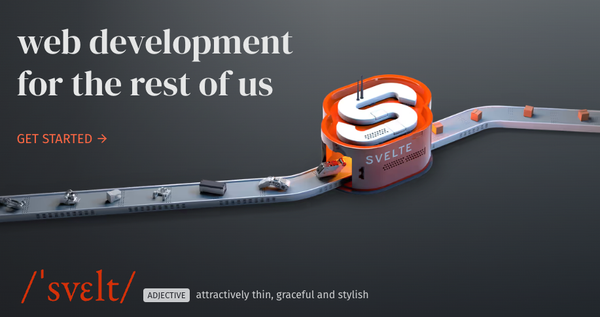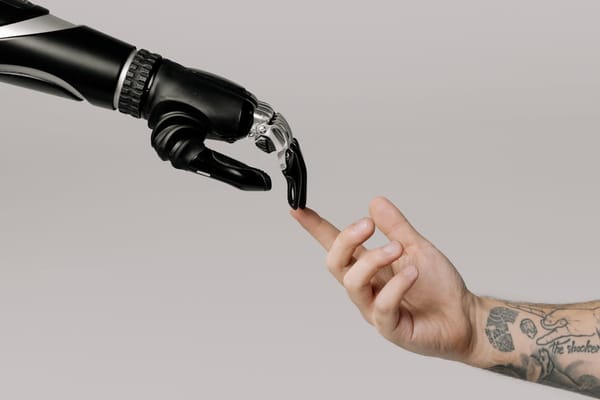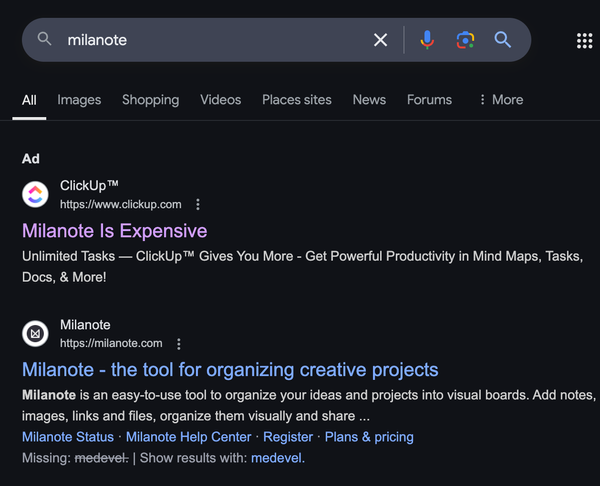The Future of Healthcare: Key Trends for 2025
Table of Content
As we step into 2025, the healthcare industry is on the cusp of a revolution. With technological advancements and innovative startups leading the charge, we're excited to share with you the trends that are shaping the future of healthcare.
1- Digital Health Platforms: Revolutionizing Access to Healthcare
The rise of digital health platforms is transforming the healthcare landscape, making it more accessible and efficient for patients. These platforms offer a range of services, including telemedicine, digital therapeutics, and personalized care plans.
Kismet Healthcare: Streamlining Access to Healthcare Services
Kismet Healthcare is an Australian startup that aims to streamline access to healthcare services, particularly for individuals with disabilities. The platform connects users with qualified providers, simplifying appointment bookings and health plan management.
Some of the key benefits of Kismet Healthcare include:
- Improved access to care: Kismet's platform ensures that individuals with disabilities have access to qualified healthcare providers, improving their overall health and well-being.
- Simplified appointment bookings: Kismet's platform makes it easy for patients to book appointments with qualified providers, reducing wait times and improving patient satisfaction.
- Health plan management: Kismet's platform helps patients manage their health plans, ensuring that they receive the care they need and stay within budget.
Cera: The AI-Driven At-Home Care Solution
Cera is a digital health platform that utilizes AI to deliver efficient at-home care. By providing personalized care plans and real-time health monitoring, Cera aims to reduce hospitalizations and improve patient outcomes. Some of the key benefits of Cera include:
- Reduced hospitalizations: Cera's at-home care solution reduces the need for hospital visits, which can be costly and time-consuming.
- Improved health monitoring: Cera's real-time health monitoring feature allows patients to track their progress and make adjustments to their care plan as needed.
- Personalized care plans: Cera's AI algorithm creates personalized care plans based on individual patient needs, ensuring that patients receive the most effective treatment.
2- Healthcare-AI
AI is transforming healthcare delivery through enhanced diagnostics, personalized medicine, and streamlined operations.
K Health leads this revolution by leveraging millions of medical records to provide AI-driven primary care, strengthened through their Mayo Clinic partnership.
Meanwhile, Theranautilus combines AI with nanotechnology, developing innovative dental nanobots that perform precise deep-cleaning procedures and aim to minimize root canal failures. These advancements represent just the beginning of AI's potential to improve healthcare outcomes and accessibility.

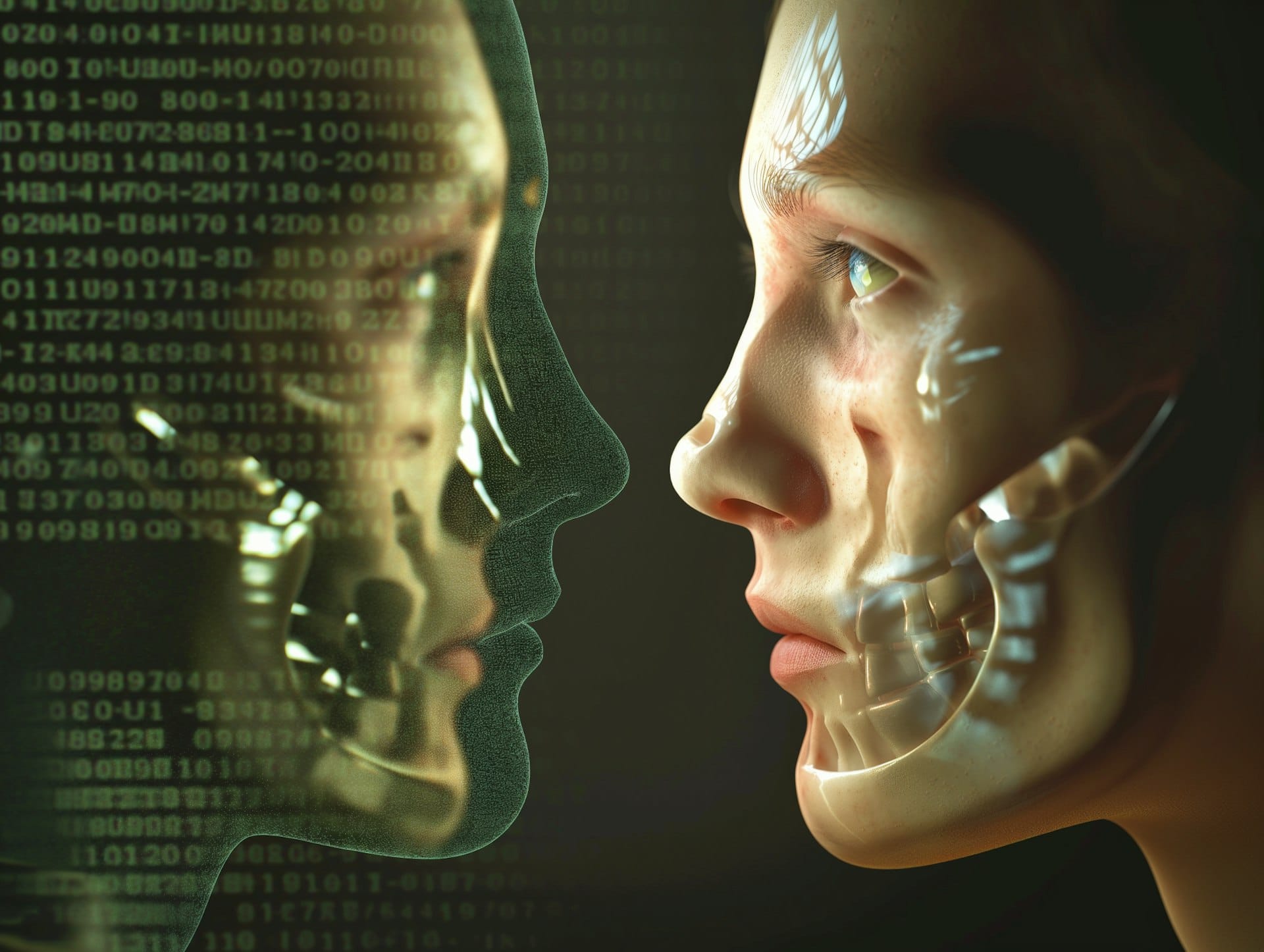
3- Virtual Reality (VR) and Augmented Reality (AR) in Healthcare: Transforming Medical Training and Patient Care
The intersection of Virtual Reality (VR) and Augmented Reality (AR) in healthcare is revolutionizing medical training, patient care, and surgical planning. These immersive technologies provide interactive solutions for complex medical scenarios, benefiting both healthcare professionals and patients.
Startups and Innovations:
1- XARlabs - Medical VR Simulations
XARlabs offers interactive, 3D medical simulations for enhanced training and patient care. Their platform supports a wide range of procedures, from surgeries to patient education.
XARlabs utilizes immersive VR technology to create realistic, interactive simulations that help medical professionals develop and refine their skills in a risk-free environment.
2- Cedars-Sinai's XAIA Program - Mental Health Support
The XAIA program employs immersive virtual reality combined with generative AI to deliver mental health support. Using a large language model programmed to act as a human therapist, the program provides interactive therapy sessions.
3- Proximie - Remote Collaboration and Surgical Guidance
Proximie's technology facilitates global surgical collaboration by providing real-time guidance and consultation, enabling experts to work together effectively.
4- FundamentalVR - Medical VR Training
FundamentalVR combines VR and haptics to create a realistic surgical simulation platform for medical training.
5- Osso VR - Surgical Training and Simulation
Osso VR utilizes immersive VR technology to provide step-by-step surgical training programs, enabling medical professionals to refine their skills and stay updated with the latest advancements in surgical tools.
6- Virti - Medical Simulation and Training
Virti uses VR and AR to create simulations for medical training, focusing on soft skills such as communication and decision-making in high-pressure situations.
7- Augmedix - AR Glasses for Medical Documentation
Augmedix uses AR glasses to document interactions and generate medical notes in real time, reducing administrative burden.
8- Touch Surgery - AR-Based Surgical Simulation
Touch Surgery offers an AR-based surgical simulation app with a library of step-by-step guides and interactive visuals.
Key Benefits of VR and AR in Healthcare:
- Remote Collaboration: AR platforms enable real-time guidance and consultation, connecting experts worldwide for complex medical cases.
- Cost-Effective Solutions: By reducing the need for physical training facilities and materials, VR and AR technologies save healthcare providers significant costs.
- Enhanced Training: Immersive simulations improve skills and confidence for medical professionals.
- Improved Patient Outcomes: Advanced visualization tools lead to more accurate diagnoses, better treatment planning, and precise surgical interventions.
Benefits of VR and AR in Medical and CME (Continues Medical Education) Education:
- Enhances Complex Procedures: Advanced visualization tools enable students to better understand complex medical procedures, improving their ability to diagnose and treat patients.
- Reduces Costs: VR and AR technologies save educational institutions significant costs.
- Improved Retention: Interactive simulations increase student engagement, leading to better retention of medical knowledge.
- Develops Soft Skills: VR and AR training programs focus on soft skills, such as communication and decision-making in high-pressure situations.
As these technologies continue to evolve, their applications in healthcare will expand, making VR and AR indispensable tools for medical innovation.
By harnessing the power of immersive technologies, healthcare professionals can improve patient outcomes, enhance training experiences, and reduce costs.
Blockchain Technology in Healthcare: Revolutionizing Data Management and Financial Transactions
The integration of blockchain technology in healthcare is transforming data management, financial transactions, and disaster preparedness.
In 2024, we got two notable startups are harnessing this technology to create secure, transparent systems.
Neara - Predicting Infrastructure Resilience
Neara utilizes AI and blockchain to predict infrastructure resilience, aiding healthcare facilities in disaster preparedness and response.
Aquila - Energy Efficiency and Transparency
Aquila is developing an infra-red energy network utilizing blockchain technology to enhance energy efficiency and transparency in healthcare facilities.
Robotics and Nanotech (The Artificial Heart of BiVACOR)
In 2024, BiVACOR made significant strides in artificial heart technology, combining advanced robotics with precision engineering. Their device represents a breakthrough in mechanical circulatory support, offering hope to heart failure patients.
The artificial heart uses magnetic levitation technology to circulate blood, minimizing wear and providing a more durable alternative for those awaiting transplants. This innovation showcases how robotic technology in medicine has evolved to create more reliable and sophisticated life-sustaining devices.
Food-as-Medicine
As the "Food-as-Medicine" movement is gaining momentum, emphasizing the role of nutrition in preventing and treating illnesses.
As a doctor, I've had the opportunity to explore innovative approaches in healthcare, and one that's particularly exciting is the integration of nutrition into medical treatment. Several startups are pioneering initiatives to harness the power of food in preventing and treating illnesses.
Revolutionizing Healthcare through Nutrition: Startups Leading the Way
Empowering Healthy Eating Startups and Platforms
- FarmboxRx: Delivering fresh produce and custom meals to individuals, particularly those in underserved communities. This approach not only improves health outcomes but also addresses food insecurity.
- ModifyHealth: Medically tailored meals as therapeutic interventions for chronic conditions, with the goal of creating new reimbursement pathways under Medicare and Medicaid.
- Season Health: Focuses on using diet to treat diseases, concentrating on patients with diabetes, kidney disease, and high-risk maternity cases.
- Project Well: An online marketplace delivering personalized meals to consumers with diet-sensitive chronic diseases and food insecurity, including Medicare Advantage members.
A Doctor's Perspective
As a doctor, I've seen firsthand the impact that nutrition can have on patient health. These startups are pioneering a new approach in healthcare, one that emphasizes the critical role nutrition plays in preventing and treating illnesses.
Key Benefits
- Delivering fresh produce and custom meals to individuals, particularly those in underserved communities
- Creating new reimbursement pathways under Medicare and Medicaid for medically tailored meals as therapeutic interventions
- Using diet to treat diseases, concentrating on patients with diabetes, kidney disease, and high-risk maternity cases
- Delivering personalized meals to consumers with diet-sensitive chronic diseases and food insecurity, including Medicare Advantage members
These startups have the potential to greatly benefit patients in various ways. By harnessing the power of food, these initiatives can lead to improved health outcomes, reduced healthcare costs, and a better quality of life for patients.
As a doctor, I've had the privilege of witnessing remarkable advancements in healthcare. The vision of solutions will empower numerous lives.

